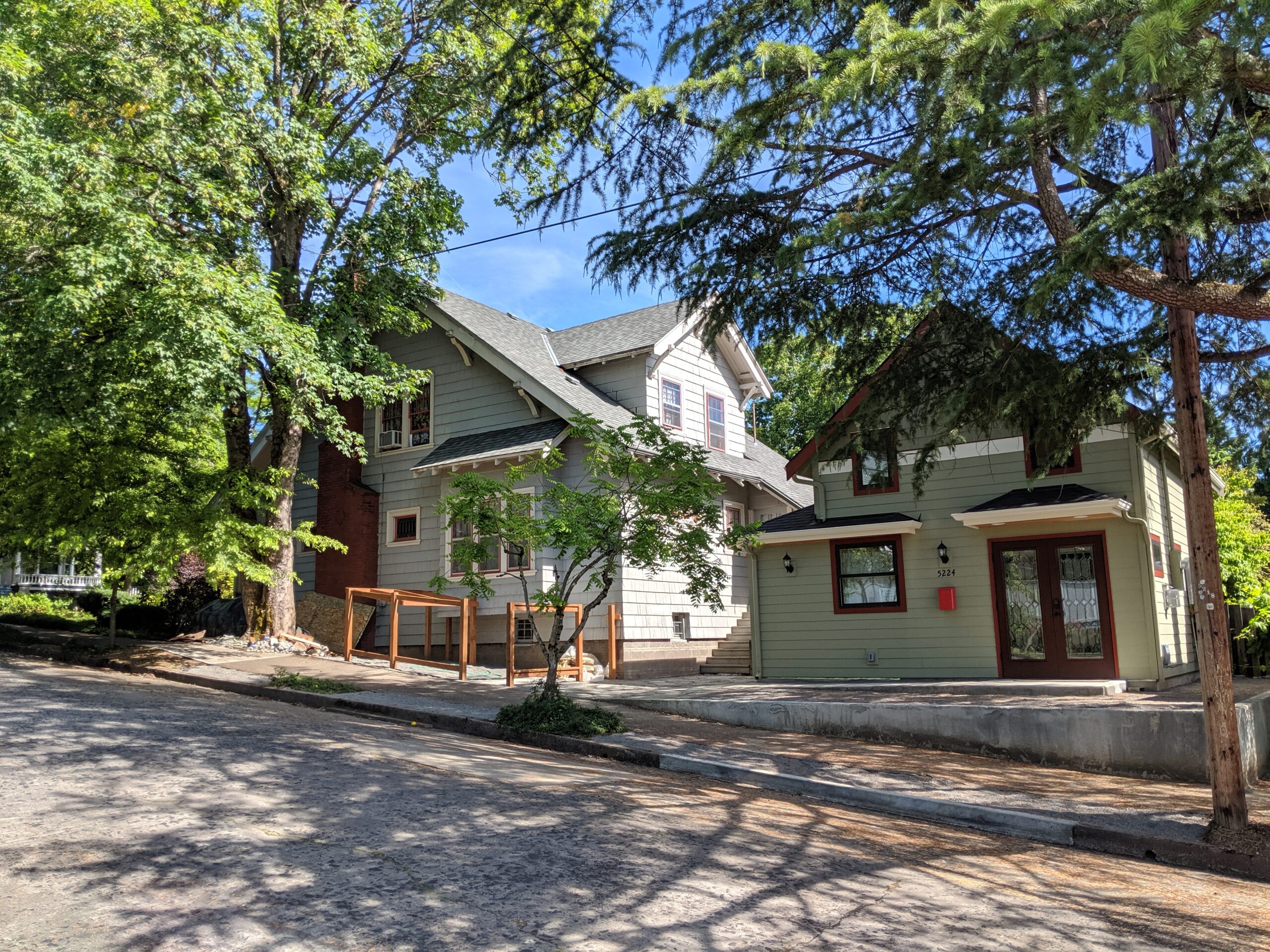If you haven’t heard already, the City of Seattle has proposed new tree legislation.
It is encouraging that the City is attempting to strike a balance between housing and trees. The proposed ordinance is off to a decent start, but parts of the bill are still too vague. This unclear language can add unnecessary subjectivity to the process when the code is meant to provide certainty and predictability. The Master Builders Association of King and Snohomish Counties (MBAKS) believes changes are needed to create a more feasible path forward that works for trees and housing.
A balanced tree ordinance should be clear and predictable. Predictability helps all builders, whether market rate or affordable providers, plan for housing. Unpredictable policies put project timelines and financing at risk and can make new housing infeasible to build. Builders need a way to know if a tree can be removed without negotiating with City staff. These negotiations can take months, well beyond a typical feasibility period. This is a short period of time during which a buyer can terminate a real estate contract for any reason that makes the project financially infeasible (including trees, utility extensions, etc.) after entering into a purchase and sale contract.
Fee-in-lieu program fees must be reasonable. A fee-in-lieu program gives builders some flexibility when there is not ample room on site to support a tree. As a result, project applicants can pay into a tree fund that is solely earmarked for supporting the city’s tree canopy. It can also be used as a method to address inequitable disparities in tree canopy, with funds helping to plant trees in areas within underserved neighborhoods that lack sufficient shade.
When creating a fair and balanced fee-in-lieu program, it is imperative to establish fees that adequately support the cost and maintenance of a tree. However, when fees are exorbitant and punitive, they can add tens thousands of dollars to the cost of a home, pricing out many potential homebuyers.
Additional suggestions on what balanced tree codes could look like can be found in our fact sheet.
Trees are vital and so is housing. MBAKS is advocating for a balanced bill that is predictable and sets reasonable fees, supporting both our housing needs and the environment.
Any final tree legislation that is adopted should ensure more housing choices where they are needed while providing the flexibility to plant the right trees in the right places.
Our ability to create healthy, walkable neighborhoods where everyone can live will be greatly enhanced through balanced tree policies. Together, we can preserve and grow our tree canopy while we house all our neighbors.

